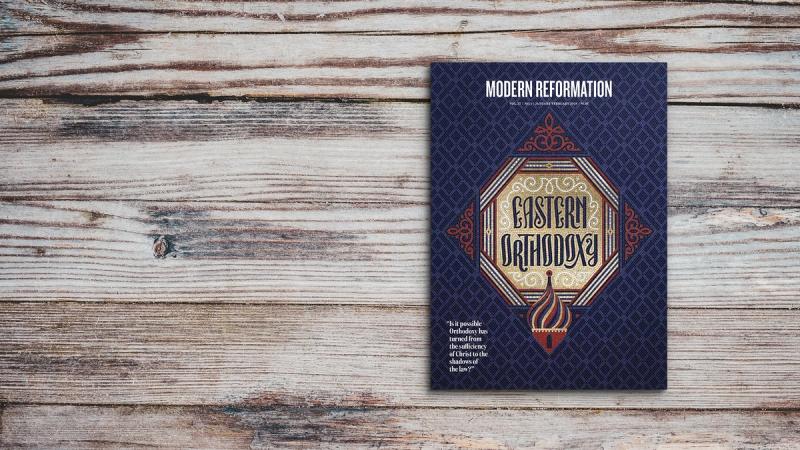The enduring influence of Christianity on many of its greatest critics is one of modern history’s paradoxes. In Damning Words: The Life and Religious Times of H. L. Mencken, D. G. Hart highlights this apparent incongruity in the life of the legendary American agnostic—from his childhood in the last decade of the nineteenth century to his death in 1956. But Hart does much more than that. He brings us close to a man who has been considered one of the most fearless iconoclasts of American society, and leads us to reflect on uncomfortable subjects with the same honesty and candor that made Mencken famous.
I approached this book with the basic ignorance I suspect affects many Americans. At a popular level, Mencken seems to be remembered simply for his memorable quotes that fit any of our most caustic moods. In fact, his quotes are often remembered more than the man. In my case, this ignorance was aggravated by the fact that I was born and raised in Italy, far from the American sociopolitical scene and only vaguely puzzled and amused by some of its excesses in dramatic fervor over issues most Europeans viewed with skepticism or indifference. History does shape culture.
I read this book for a reason I suspect has motivated many readers: I had come to appreciate D. G. Hart’s writings and scholarship, and I was curious to see how he approached a biography of a man such as Mencken. I wasn’t disappointed. I learned much about both Mencken and his times, which are introduced with ease by a biographer who has devoted much attention to this period.
In his chronological approach to Mencken’s life, Hart manages to be both objective and personal. I sympathized with some of Mencken’s childhood impressions of Sunday-school Christianity, and admired his dedication to his work and his prowess with words that earned him Joseph Krutch’s accolade of “best prose writer in twentieth-century America” (2). At the end of his life, Menken’s bleak view of human existence as a pointless and “endless standing in line” reminded me of the words of the Preacher of Ecclesiastes—minus the uplifting hope of the biblical conclusion.
Hart is up-front about his emphasis on Mencken’s religious life, a task he considers necessary as “few who have studied Mencken attach much significance to his writing about faith.” Besides, he hopes that Mencken’s “attitude as an unbelieving minority in a majority Christian society…might show a way to demilitarize the combat” in today’s society (9). According to Hart, Mencken can teach both Christians and the “so-called new atheists” some healthy humor and the ability to take themselves less seriously. He can also communicate a measure of respect for the powerful effect religion has exercised on human history and a realistic and “Augustinian” view of human nature.
In fact, it was this view that brought Mencken to find common ground with and sincere admiration for the Presbyterian J. Gresham Machen, whose “one and only purpose was,” in Mencken’s words, “to hold it [the Church] resolutely to what he conceived to be the true faith. When that enterprise met with opposition he fought vigorously, and though he lost in the end and was forced out of Princeton it must be manifest that he marched off to Philadelphia with all the honors of war.”
While I disagreed with many of Mencken’s views (especially about Nazi Germany, the Jews, and blacks), I had to stop and listen to what he had to say and appreciate his honesty and perception in many instances that are usually treated with superficial generalizations. Even the lack of references, which can be a flaw for footnote-lovers like me, was strangely unnoticeable in this book—maybe because the narrative flows easily and Hart managed to answer all my questions within the main text. The omission is remedied by a final section in essay form titled “Notes on the Sources,” which include additional insights and a final paragraph on Mencken’s relevance on the American intellectual landscape.
In the end, Hart persuaded me that we need more biographies of critics of Christianity, written to discover and reflect rather than to demonstrate, oppose, or defend. And more of these should be written by biographers who, like Hart, are familiar with the basic concerns and tenets of the Christian faith and can transcend the all-too-frequent shallow, assumed, and predictable accounts.
Simonetta Carr has translated several books from English into Italian and has written for newspapers and magazines around the world.








